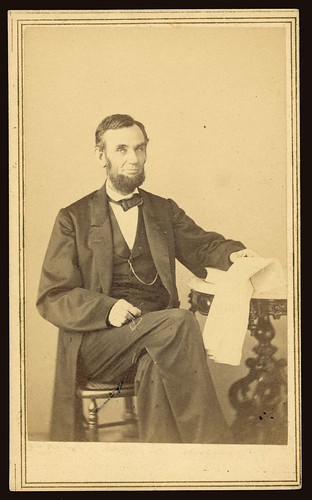 |
| (Microsoft Images) |
Two years of reading a scant amount of history, and touching a surface of different historical eras has, most discouragingly, proved that I know nothing. The tragedy of history distanced me from God, and life's circumstances temporarily dangled before me the scary prospect of Deism and how it could be possible. Nevertheless, one historical character distinguished himself despite his place as an afterthought in the chapter. The story of the Venerable Bede overcame my doubts.
Born in 673 A.D., he went to the monastery in Wearmouth, England at age seven and never left the area. He became the most learned man in Europe despite his isolation and his writings form the greatest written compendium of English history of the Middle Ages. His historical accounts allowed others to date events beginning with the birth of Jesus Christ and furthermore, his reason for writing history stood out. He stated, “For if history records good things of good men, the thoughtful hearer is encouraged to imitate what is good; or if it records evil of wicked men, the good, religious reader or listener is encouraged to avoid all that is sinful and perverse, and to follow what he knows to be good and pleasing to God.”
Upon learning of Bede, I wondered how he came to have books and discovered the life of St. Benedicte Biscop. A man of noble birth, his life, behind the scenes, led to Bede's histories also. Leaving lands and title behind, he left England with St. Wilfred and visited Rome. Following years of travel and religious instruction, he returned with books and treasures gathered abroad. Enthused, King Egfrith awarded him lands where Biscop built two monasteries of stone and glazed windows; techniques and materials heretofore never used.
Over time and travels, he gathered books, paintings and relics, enough to create an extensive library and a cultural atmosphere in which to inspire Bede to excellence and devotion in his work. Ostensibly, the two worked from different angles, one having access to material items,culture and noble roots and the other lacking familial ties and any hope of wealth but who had access to what St. Benedicte Biscop built. The two comprehended their roles under God.
Thus one sees how opposite purposes play out. One's isolation and the ideal worldliness of the other worked for our good. Depending on one's point of view, their good works could serve as tenets for mere religion yet this was not how the monasteries were formed. These men had an abiding faith, not in the universe or the interconnectedness it entails, but in the God who created it and the purposes which he created for us. For me that is the lesson. One must understand their place in the world and then pray to accept it.
Currently, society attempts to obliterate historical dating from the birth of Jesus albeit his life and the salvation he offers inspired history and buttressed the writings of a man who recorded history for the world. Even so, the rejection of this history inspires us to march forward and to find our place in the world.
2001. 2001.The Venerable Bede ((673-735).Britannia.com. Retrieved December 1, 2012 from http://britannia.com/bios/bede.html
2001.St. Benedicte Biscop. Retrieved December 1, 2012 from http://www.britannia.com/bios/saints/benedictbiscop.html

